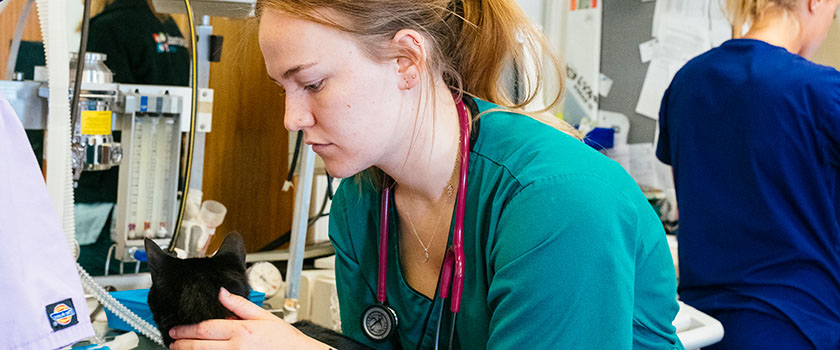-
-
- Council Members
- Role of Council Members
- Council meetings
- Council elections
- Previous election results
- Dr Louise Allum
- Dr Sam Bescoby
- Dr Andrew Clemence
- Dr Tshidi Gardiner
- Dr Reginald Godwin
- Paddy Gordon
- Dr Danielle Greenberg
- Dr Gerard Henry
- Dr Richard Hillman
- Dr Benjamin Kennedy
- Dr Tom Lonsdale
- Dr Darren Partridge
- Martin Peaty
- Alison Price
- Dr Peter Robinson
- Dr Jennifer Simmons
- Dr Sadie Spencer
- Dr Mary Thomas
- William Wilkinson
- Dr Lara Wilson
- Past-Presidents
-
- Advancement of the Professions Committee
- Standards Committee
- Audit and Risk Committee
- Education Committee
- Disciplinary Committee
- Charter Case Committee
- Preliminary Investigation Committee and Disciplinary Committee Liaison Committee
- Registration Committee
- Preliminary Investigation Committee
- Paper classification: some definitions
-
-
-
-
-
- About extra-mural studies (EMS)
- EMS requirements
- Information for vet students
- Information for EMS providers
- Information for vet schools
- Temporary EMS requirements
- Practice by students - regulations
- Health and safety on EMS placements
- EMS contacts and further guidance
- Extra-mural studies fit for the future
-
-
- Code of Professional Conduct for Veterinary Surgeons
- Code of Professional Conduct for Veterinary Nurses
- Contact the Advice Team
- XL Bully dog ban
- 'Under care' - guidance
- Advice on Schedule 3
- Controlled Drugs Guidance – A to Z
- Dealing with Difficult Situations webinar recordings
- FAQs – Common medicines pitfalls
- FAQs – Routine veterinary practice and clinical veterinary research
- FAQs – Advertising of practice names
- GDPR – RCVS information and Q&As
-
- Accrediting veterinary degrees
- Accrediting veterinary nursing qualifications
- Reasonable adjustments for student vets
- Reasonable adjustments for student veterinary nurses
- Health and disability in veterinary nurse education and training
- Reasonable adjustments for students and the UK disability discrimination legislation
- Educational assessment of veterinary nurses
- Roles of key stakeholders in the application of reasonable adjustments
- Examples of reasonable adjustments for vet nurse students
- External review of the RCVS by ENQA
- Requirements for remote and online student assessments
Background

Few would argue with the statement that Extra-Mural Studies (EMS) for veterinary students – the time spent within a range of veterinary working environments getting ‘real world’ experience alongside their university tuition - is one of the most frequently debated areas within veterinary education in the UK.
EMS placements have been identified by new graduates and students as one of the most valuable aspects of their undergraduate veterinary education. However, a number of significant challenges is known to exist, including accessibility and availability of placements, and the associated costs to students (and providers) which, in turn, create a barrier to widening participation.
"EMS placements have been identified by new graduates and students as one of the most valuable aspects of their undergraduate veterinary education."
The quality of placements is also known to be highly variable, with students reporting some placements as incredibly valuable learning experiences, but others failing to meet expectations and providing little in terms of professional development. This is also the case from the perspective of EMS providers, with many practitioners involved in providing clinical EMS describing some experiences as particularly rewarding, where the student has engaged and clearly developed during their time on placement, in contrast to others who appear not to engage and give the impression they are there to ‘tick the box’.
Stakeholder feedback
We have been listening to stakeholder feedback on an ongoing basis for several years, through our meetings with the Association of Veterinary Students (AVS), the Veterinary Schools Council (VSC) and their EMS co-ordinators, the British Veterinary Association (BVA) and the Society for Practising Veterinary Surgeons (SPVS), amongst other groups. In addition to feedback and data shared in these meetings, we have also gathered our own data through surveys and focus groups, and consultations with the wider profession such as the 2019 Graduate Outcomes initiative.
Supporting EMS implementation
In response to the known challenges, our Education Committee agreed to a number of measures to support vet schools in the implementation of EMS. These included the development of a national database for booking EMS placements to include information useful to widening participation students, such as transport links; accommodation and other support available at a placement; clearer guidance for all stakeholders on good practice in relation to EMS; and, details of available support for students.
This work is ongoing, however further challenges have arisen over the last few years which made it clear that, in addition to the above initiatives to support the implementation of EMS in the short term, further work was needed to consider the longer-term implementation of EMS to ensure it remains sustainable and valuable for students.